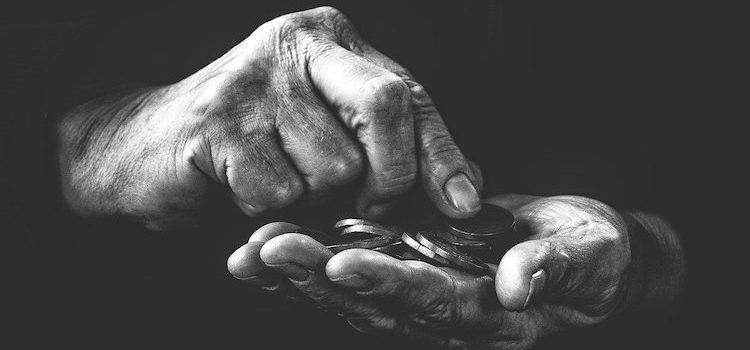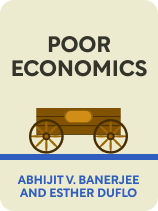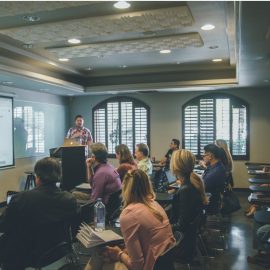

This article is an excerpt from the Shortform book guide to "Poor Economics" by Abhijit V. Banerjee and Esther Duflo. Shortform has the world's best summaries and analyses of books you should be reading.
Like this article? Sign up for a free trial here .
How does poverty affect entrepreneurship? How does running a business—paradoxically enough—keep people in the poverty trap?
It’s not uncommon for the poor to run their own businesses. However, running a business seldom helps them escape the poverty trap. This is because the poor choose not to invest in their businesses because they have little means to do so. Furthermore, the poor generally don’t want to run their own businesses—they often do so because they don’t have any other options to make a living.
Here’s a look at poverty and entrepreneurship.
Why Do the Poor Run Businesses?
Many poor people run their own businesses. Most work in agriculture as fruit vendors or farmers, for instance. Many westerners see this as evidence of a natural entrepreneurial spirit, but Banerjee and Duflo disagree. They’ve found that the poor generally run businesses only because they have no other options: The job market has failed them.
In their research, Duflo and Banerjee noticed that the businesses of the poor are typically small and unprofitable, even though they have a high marginal return. This means that it would take little money to grow their businesses. Despite the high marginal returns, the poor generally choose not to invest in their businesses.
As the authors see it, this seems to be because the poor don’t want to run a business—they don’t want to be entrepreneurs. Instead, in all the countries Duflo and Banerjee examined, the poor almost universally aspire for their children to get the only kind of stable job they know of: a government job. The small businesses they run are just a means of getting by until that happens.
So, instead of celebrating the supposed entrepreneurial spirit of the world’s poor, development economists need to figure out better ways to get the poor stable jobs, assert Duflo and Banerjee.
| Poverty and Entrepreneurship: The Labor Market in the Developing World Analysis of the labor market in the developing world confirms that a lack of stable jobs is the predominant reason for the high rates of entrepreneurship among the poor. Studies have found that between one half and two-thirds of self-employment in the developing world is due to having no other options. The reasons for this are complex, but one consistent factor is that wage employment in the developing world largely consists of informal jobs. These jobs entail no contractual agreement between a worker and employer and tend to have low, inconsistent wages. Moreover, most of these jobs in developing countries are in subsistence agriculture—an inherently unstable and low-paying sector. In the face of this instability, the poor simply work for themselves in order to make something when they otherwise couldn’t. There’s some indication that the job market doesn’t improve significantly as economies grow. Instead, in places such as South Asia and Africa, informal rural farming jobs often give way to informal urban jobs—as street vendors or casual construction laborers, for instance. Increasing formal employment opportunities is an important task of development economists. Two strategies that have shown promise are: 1) Improving roads and other infrastructure. Such improvements can make it easier for companies to establish factories in poor towns and cities—these are among the most stable kinds of formal jobs. 2) Streamlining business regulations. When governments make it easier for businesses to register and open, more formal employment opportunities result. |

———End of Preview———
Like what you just read? Read the rest of the world's best book summary and analysis of Abhijit V. Banerjee and Esther Duflo's "Poor Economics" at Shortform .
Here's what you'll find in our full Poor Economics summary :
- A look at how some people live on less than 99 cents per day
- An analysis of how the poor live and how policy interventions affect their lives
- The four key insights Duflo and Banerjee offer about poverty






